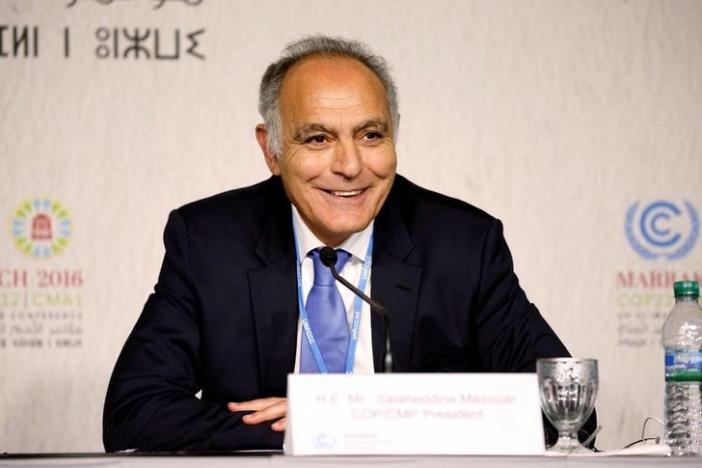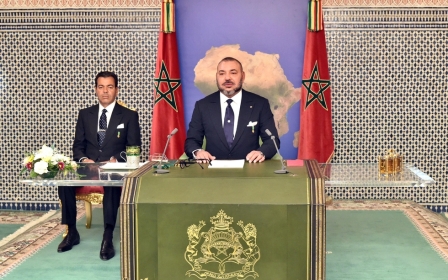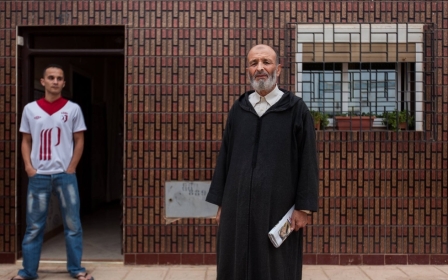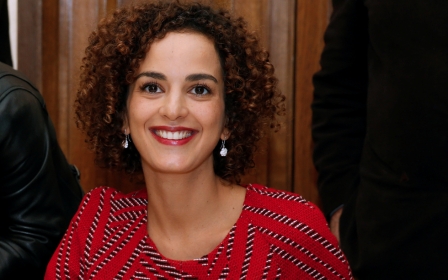Morocco sees 'no turning back' for climate pact, despite Trump

There is "no turning back" from a global accord to combat climate change, Morocco's foreign minister said on the eve of UN talks in Marrakesh amid fears that Donald Trump will try to pull out if he wins the US presidency.
The number of countries that have ratified the 2015 Paris Agreement to slow global warming by shifting from fossil fuels has risen to 100 nations in recent days, including OPEC's top oil producer Saudi Arabia, the United Nations said.
The US election is casting a shadow over the meeting of officials from almost 200 nations in Marrakesh from 7-18 November to work on ways to implement pledges made in Paris to adopt cleaner energies such as wind and solar power.
Trump wants to ditch the Paris Agreement, doubting mainstream scientific findings that droughts, floods and rising sea levels are linked to human activities. By contrast, his Democratic rival Hillary Clinton is a supporter.
"There is no possible turning back in the negotiation on what was agreed in Paris," Moroccan Foreign Minister Salaheddine Mezouar, who will preside at the talks, told a news conference.
"We can only advance," he said, without naming Trump.
He said the agreement had strong momentum after formally entering into force on Friday with backing from major emitters led by China, the United States and India.
Asked about Trump's threats, UN climate chief Patricia Espinosa noted that any state wanting to pull out would have to follow formal legal procedures, due to last four years.
"The agreement has entered into force and we are all obliged to deliver on those commitments," she said. Still, the agreement lets all nations define their own commitments for fighting climate change and has no sanctions for non-compliance.
With the UN accord legally in place, Trump may find it easier if he wins to oppose US President Barack Obama's plans to cut US greenhouse gas emissions by 26 to 28 percent by 2025 based on 2005 levels.
Trump says the agreement would undermine US jobs, such as in the coal industry.
The Morocco meeting is due to start writing a detailed "rule book" for the Paris Agreement, likely to take two years, and find ways to implement it such as raising finance to help developing nations cut their rising emissions.
The Paris agreement entered into force on Friday after it passed a twin threshold last month of support from 55 nations representing 55 percent of global emissions.
Morocco has also been concerned about the possibility of on-going demonstrations during the summit.
Thousands of protesters in northern Morocco on Friday demanded justice for a fish seller whose gruesome death when he was crushed in a rubbish truck sparked nationwide outrage.
Mouhcine Fikri, 31, was accidentally killed last Friday in the northern city of Al-Hoceima as he tried to protest against the seizure and destruction of his swordfish, which are not allowed to be caught at this time of year.
His death in the Rif - an ethnically Berber region long neglected and at the heart of a 2011 protest movement for reform - also triggered anger in other cities including the capital Rabat.
New MEE newsletter: Jerusalem Dispatch
Sign up to get the latest insights and analysis on Israel-Palestine, alongside Turkey Unpacked and other MEE newsletters
Middle East Eye delivers independent and unrivalled coverage and analysis of the Middle East, North Africa and beyond. To learn more about republishing this content and the associated fees, please fill out this form. More about MEE can be found here.




